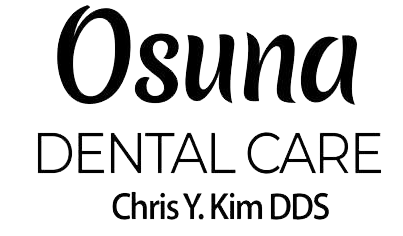A
tooth infection in Albuquerque NM, or “dental abscess” as it’s often referred to, is an infection in the tooth’s inner layers and pulp chamber. This can cause severe toothaches, sensitivity, pain when chewing, and a bad taste in the mouth. If the infection is allowed to progress, it can spread to other body parts. This is why an abscessed tooth should be treated as soon as possible at Osuna Dental Care.
The dentist must remove the infected tissue from the affected tooth's root canal when this occurs. After the condition is treated, the tooth will require a crown to restore its strength and protect it from further damage.
What Causes a Tooth Infection?
A tooth is alive, including nerves, blood arteries, and connective tissues on the inside. Bacteria can enter and live in the dental pulp if a tooth is broken, whether it is cracked, chipped, or has a cavity. When this happens, an infection can develop throughout the tooth's interior and down to the root. Though symptomatic discomfort may spread across the tooth and jaw, inflammation and swelling occur at the tip of the root. An abscessed tooth is caused by a deposit of pus around the root.
What Can a General Dentist Do to Treat a Tooth Infection?
If you suspect your tooth is infected, you should call your general dentist immediately to schedule an appointment for an examination and treatment.
Your general dentist will examine your teeth and take X-rays to determine if an infection is present. If your dentist suspects that you have either an abscessed tooth or a periapical abscess, they may refer you to an endodontist for treatment. A root canal procedure may be necessary to remove the infection and stop the disease from spreading to other mouth areas. In other cases, your dentist may prescribe an antibiotic or perform a simple extraction to remove the affected tooth. If the infection has spread to the bone surrounding the root, they may also perform a surgical procedure to drain the abscess.
Once the source of the infection has been addressed, your dentist may recommend taking antibiotics or pain relievers to manage any discomfort until your mouth heals completely. They will also provide specific aftercare instructions to ensure you heal correctly. This may include rinsing with an antibacterial mouthwash several times a day, taking medication as prescribed, applying ice packs to reduce swelling, and avoiding eating hard or crunchy foods while the infection heals.
After tooth extraction, you will need to replace the missing tooth to prevent the shifting of surrounding teeth. Dental implants are often the best replacement for missing teeth because they look and function like natural teeth.
A tooth infection can be severe and should be treated as soon as possible. Visit Osuna Dental Care at 5900 Cubero Dr NE suite B, Albuquerque, NM 87109, or call (505) 884-1989 for more information. 